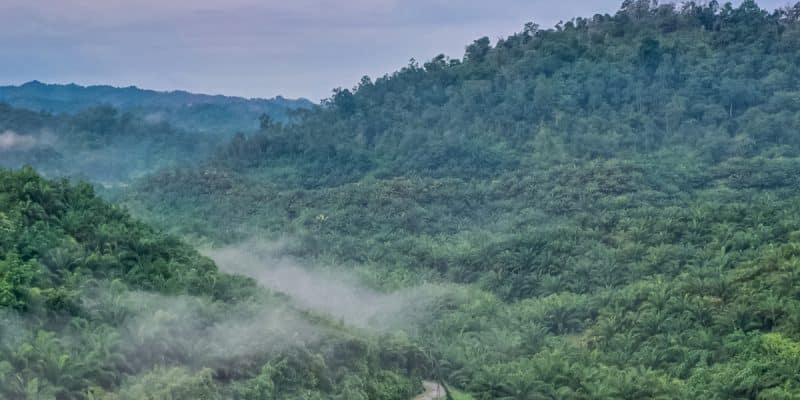A new mechanism for direct funding of women and girls for biodiversity protection is being launched in Central Africa. The formulation of this mechanism took place at the first ever forum of indigenous women from local communities in Central Africa and the Congo Basin, held from 8 to 12 May 2023 in Brazzaville, Republic of Congo.
Women from Central Africa and the Congo Basin worked together to develop their own roadmap and a declaration that clearly articulates what they want and need to continue protecting the landscapes and ecosystems of their region. They also agreed to set up a new indigenous-led funding mechanism to help donors channel support directly to indigenous women and girls in Central Africa.
At the first-ever forum of indigenous women from local communities in Central Africa and the Congo Basin, held from 8 to 12 May 2023 in Brazzaville, Republic of Congo, some 150 women from a dozen African countries and other continents, as well as donors, identified four priority areas for direct support for biodiversity. These were: strengthening the technical and institutional capacity of grassroots organisations, associations and networks of indigenous and local community women; and facilitating access to direct funding for organisations led by indigenous and local community women.
The Central African Indigenous Women’s Direct Funding Mechanism for Biodiversity Protection is also about supporting women’s and girls’ economic activities in the context of climate resilience and the ‘do no harm’ philosophy to protect the forests and landscapes of Central Africa and the Congo Basin. It is also about monitoring and evaluating progress in the implementation of the roadmap and sharing lessons learned.
An initiative of Repaleac
The forum was organised by the Network of Indigenous and Local Populations for the Sustainable Management of Forest Ecosystems in Central Africa (REPALEAC) with the support of the Rights and Resources Initiative (RRI) and the Central African Forest Commission (COMIFAC).
For REPALEAC officials, indigenous women are totally marginalised and go unnoticed, despite their vital role in protecting nature. “Their lives depend on the forest, the savannah, the bush in which they live. That’s why they have specific protection systems that are transferred from mother to daughter to adapt. Indigenous people are the best guardians of the planet,” says Aïssatou Oumarou, Répaleac’s vice-president.
Read also-AFRICA: WWF and IUCN suggest a $60 billion fund for biodiversity
The participants appointed Casey Box, Director of Global Strategy at the Christensen Fund, and Solange Bandiaky-Badji, Coordinator of RRI, as mediators to mobilise funds and monitor donor commitments to support Repaleac’s implementation of the forum’s roadmap in Central Africa.
The second Forum of Indigenous Women and Local Communities of Central Africa and the Congo Basin will be held in 2024. It will be an opportunity to take stock of the funds committed and progress made in implementing the roadmap to further strengthen women’s engagement in biodiversity conservation and climate resilience.
Boris Ngounou







